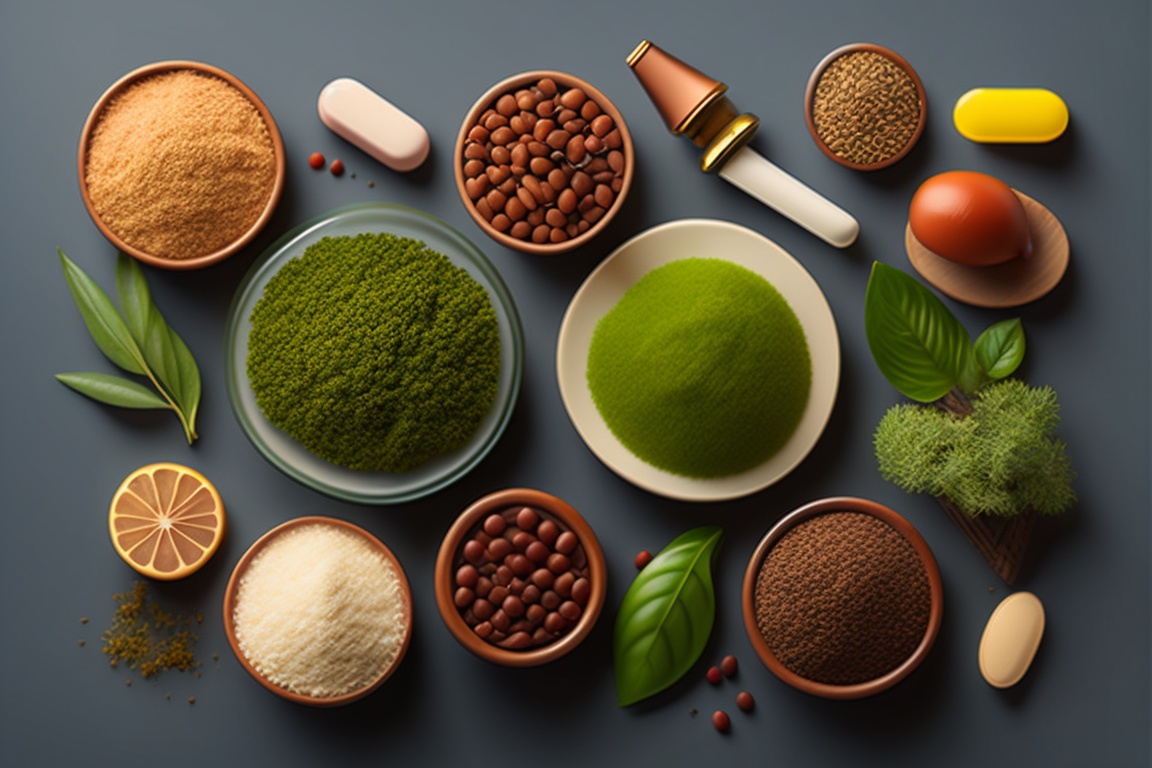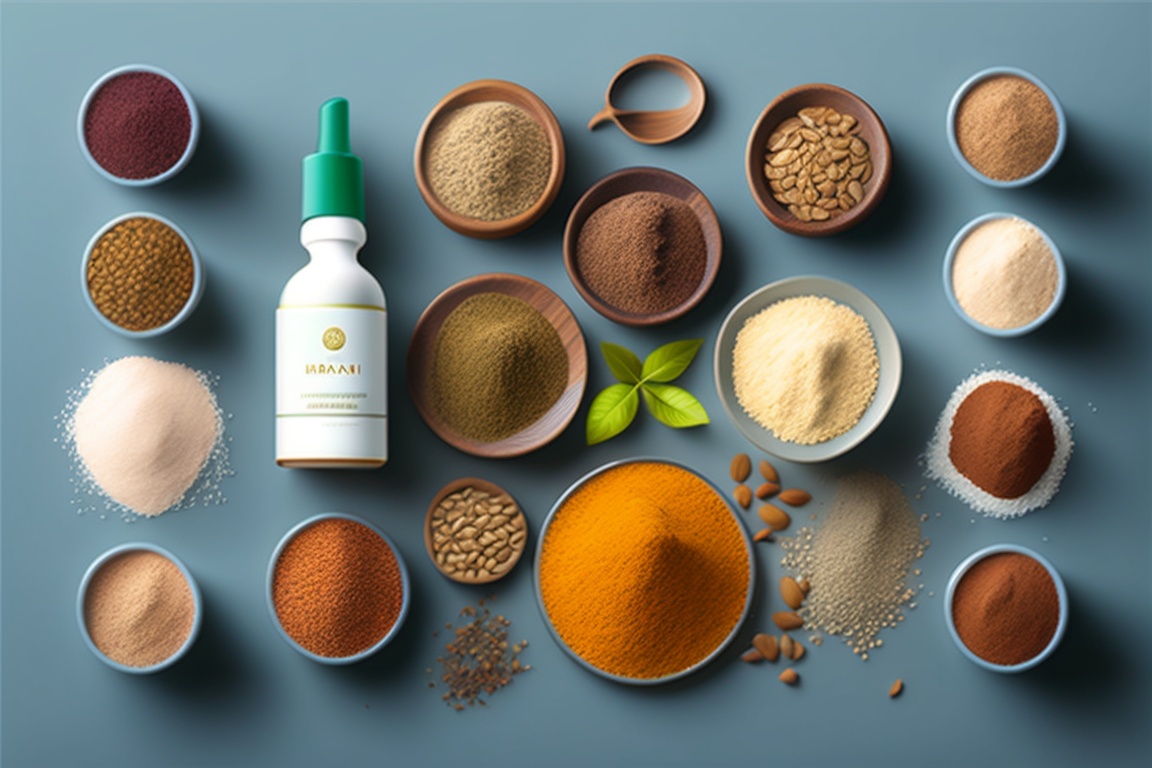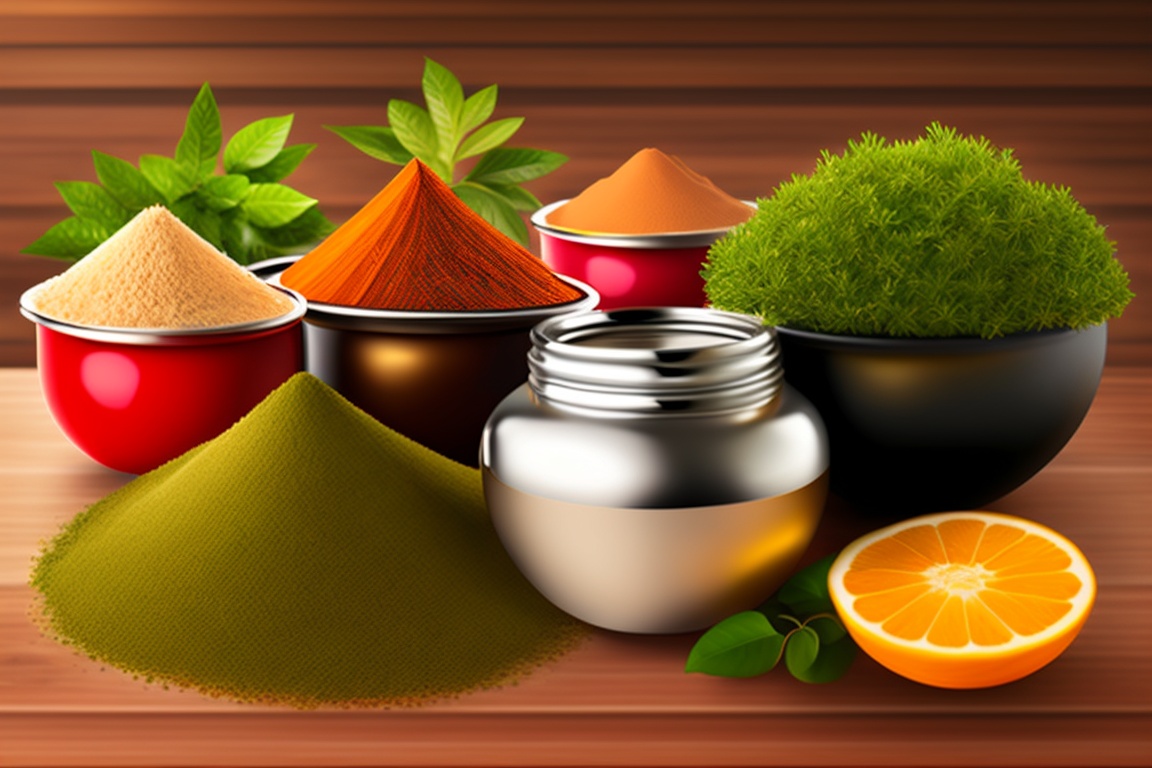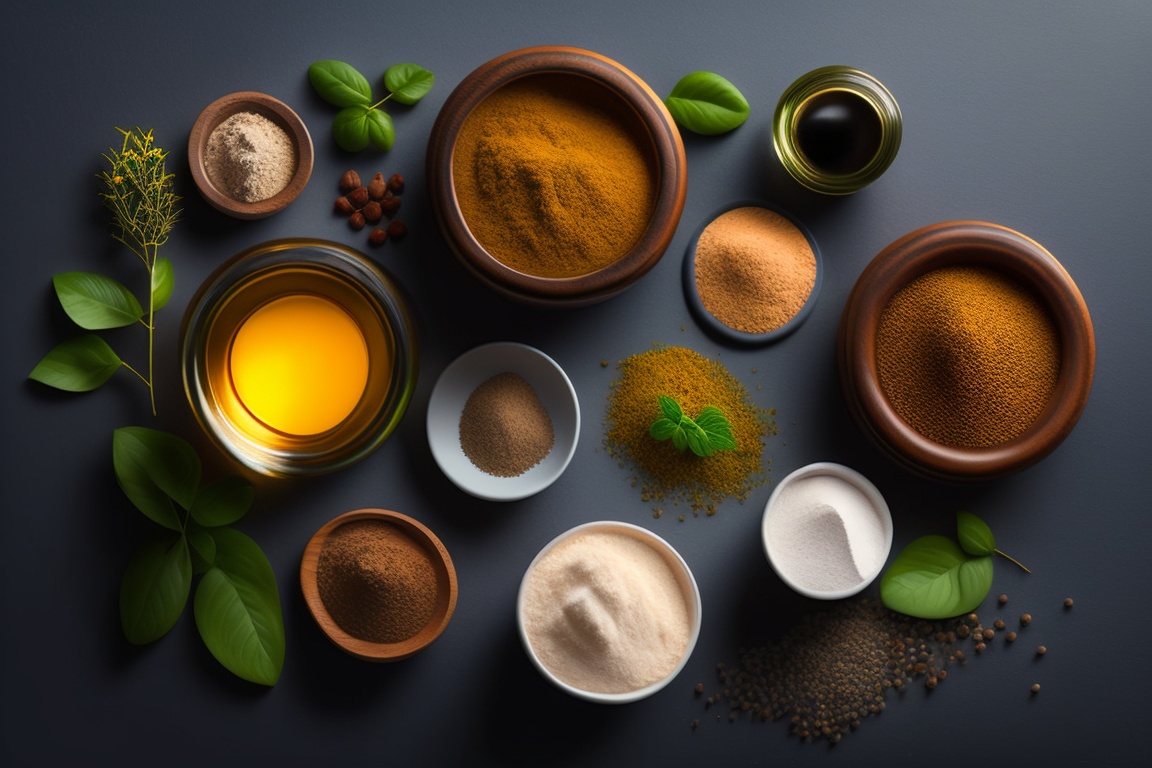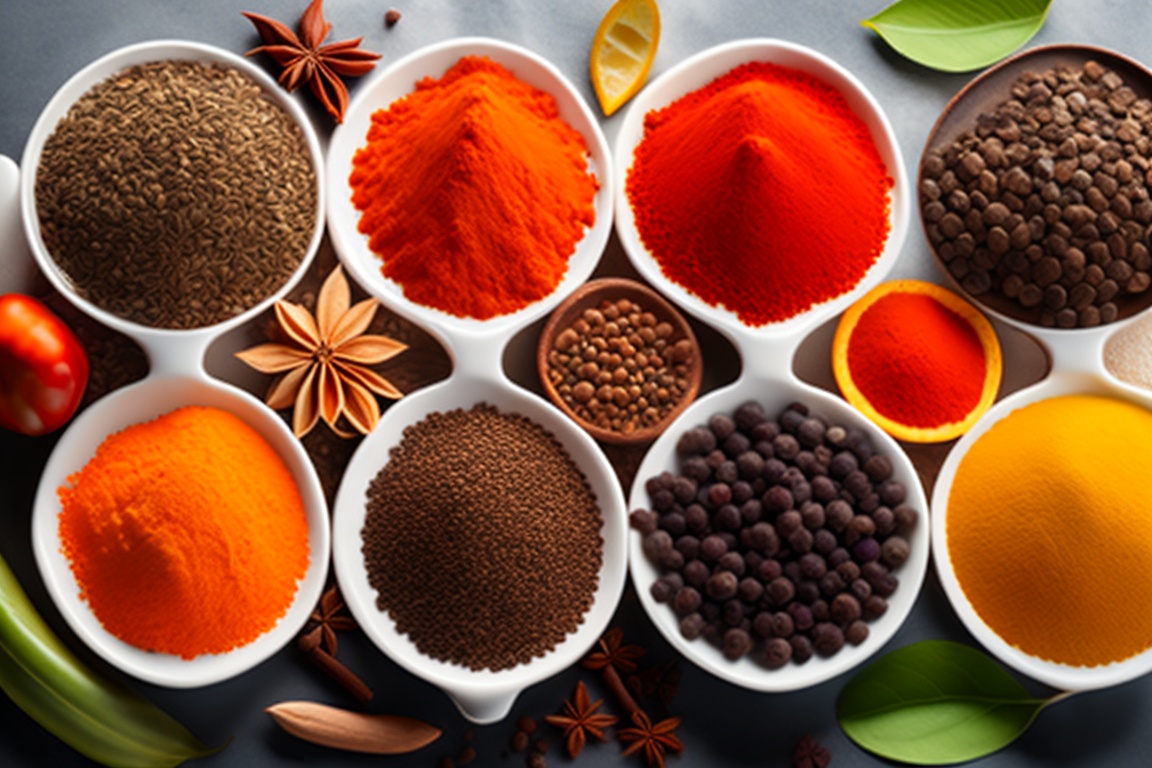
By admin On 10-12-2023 at 12:33 pm
"Unlocking the Healing Potential of Nature: A Comprehensive Guide to Common Herbs and Their Uses in Treating a Range of Diseases and Health Conditions"
Do you know that ancient civilizations like the Greeks,
Arabs, and Indians have long known about the healing properties of spices and
herbs? They have been used for centuries to treat various diseases and chronic
health conditions even before modern medicine was introduced.
We are aware that more people are exploring the use of spices and herbs for therapeutic and remedial purposes around the world, particularly for a variety of chronic diseases. In recent years, numerous research has proved that spices and herbs have cognitive and emotional-affecting qualities in addition to being antioxidant, anti-inflammatory, anti-tumorigenic, and cholesterol- and glucose-lowering characteristics.
Here are some common herbs that are known for their medicinal properties:
Echinacea: Echinacea helps treat and prevent the common cold and flu by boosting the immune system.
Ginger: Ginger is frequently used to relieve indigestion, nausea, and vomiting. It also has anti-inflammatory qualities, which are well known.
Turmeric: Curcumin, a potent antioxidant found in turmeric, has been demonstrated to have anti-inflammatory properties and may help with pain relief.
Garlic: Used frequently to both prevent and treat infections, garlic is known for its antibacterial and antiviral qualities.
Chamomile: Chamomile is frequently used to ease anxiety and encourage relaxation. It also has anti-inflammatory qualities, which are well known.
Peppermint: Peppermint is frequently used to treat digestive problems like gas, indigestion, and bloating. It might also lessen IBS symptoms.
Sage: Sage is well known for having antibacterial qualities and is frequently used to treat respiratory infections and sore throats.
St. John's Wort: St. John's Wort is frequently used to treat anxiety, sleep difficulties, and depression. It has been demonstrated to be just as successful in treating mild to moderate depression as some pharmaceutical drugs.
Milk Thistle: Milk Thistle is well known for protecting the liver and is frequently used to treat liver conditions like cirrhosis and hepatitis.
Ginkgo Biloba: Ginkgo biloba is frequently used to enhance cognition and memory. It might also lessen depressive and anxious symptoms.
Valerian: Valerian is frequently used to enhance sleep quality and encourage relaxation. It might also aid in easing anxiety symptoms.
Eucalyptus: Eucalyptus is frequently used to treat respiratory infections including bronchitis and sinusitis because of its well-known anti-inflammatory and decongestant properties.
Passionflower: Passionflower is frequently used to ease anxiety and promote relaxation. Additionally, it might help with sleep apnea.
Hawthorn: Known for its heart-healthy advantages, hawthorn is frequently used to help decrease blood pressure and cholesterol levels.
Ashwagandha: Ashwagandha is a popular adaptogenic herb for lowering stress and anxiety. Additionally, it might help strengthen immunity and cognitive function.
Black cohosh: Black cohosh is frequently used to treat menopausal symptoms like hot flashes and mood swings. It might also help control menstrual cycles and lessen menstrual cramps.
Saw Palmetto: Saw Palmetto is a plant that is frequently used to treat benign prostatic hyperplasia (BPH), which causes symptoms including frequent urination and trouble peeing.
Ginseng: Another adaptogenic herb, ginseng is frequently used to lessen stress and boost vitality. Additionally, it might help strengthen immunity and cognitive function.
Dandelion: Used frequently to treat water retention and high blood pressure, dandelion is known for its diuretic qualities. Additionally, it might enhance digestion and liver function.
Licorice Root: Licorice Root is frequently used to treat respiratory infections and sore throats. It might also aid in reducing inflammation and enhancing digestion.
Feverfew: Feverfew is frequently used to relieve headaches, including migraines. Additionally, it might enhance immune performance and reduce inflammation.
Though these Herbs possess medicinal values but also have the potential to interact with prescription drugs and may not be suitable for everyone in every condition. To ensure safety and efficacy, it's also crucial to use herbs according to the right dosage and administration technique.
Herbs should always be used under the supervision of a healthcare expert, as they may demonstrate different results depending on the user, the illness being treated, the dosage, and the way they are administered.
Let us know, Have you ever considered incorporating spices and herbs into your health regimen?
Michael is a lover, fighter and hater. He loves to travel, has an app called ‘The Travaluk’. He has travelled over 30 countries so far and dreams to visit every one of them.
Related posts

